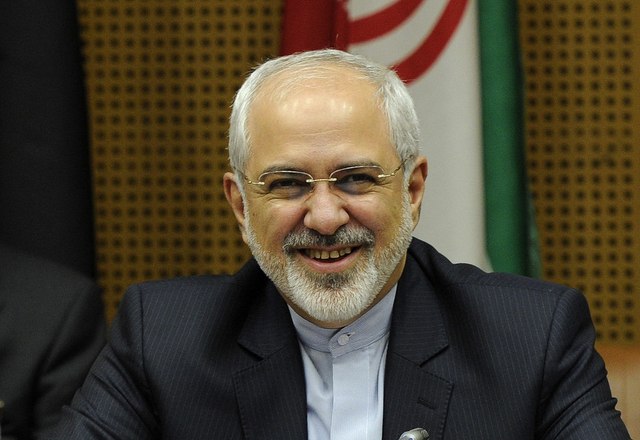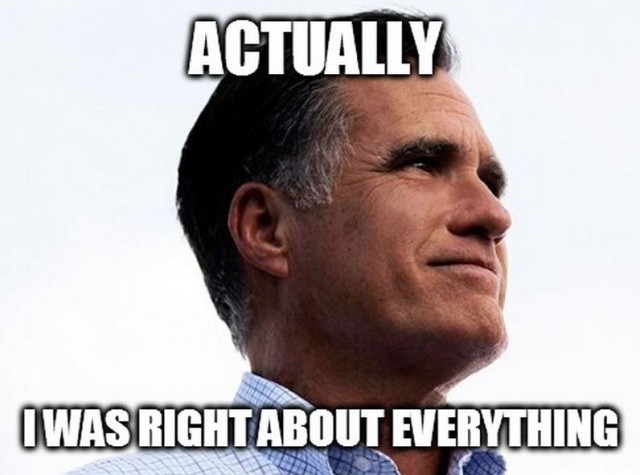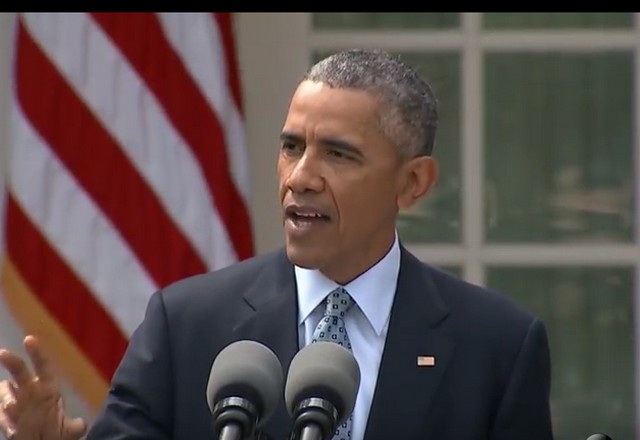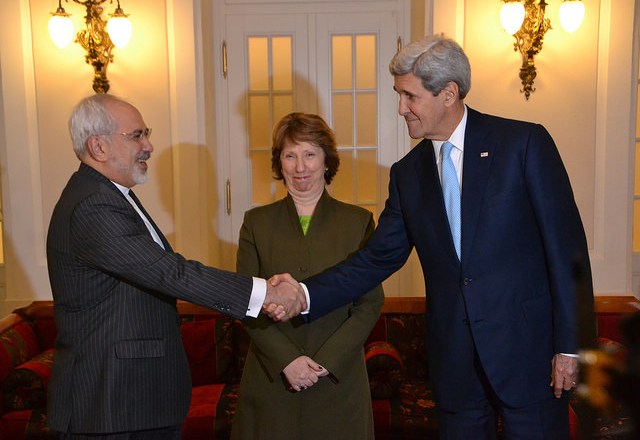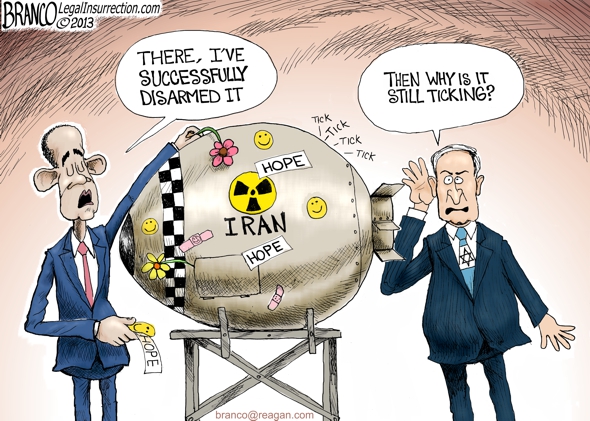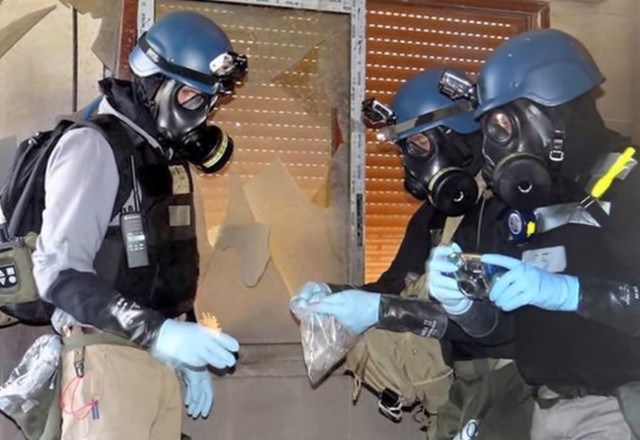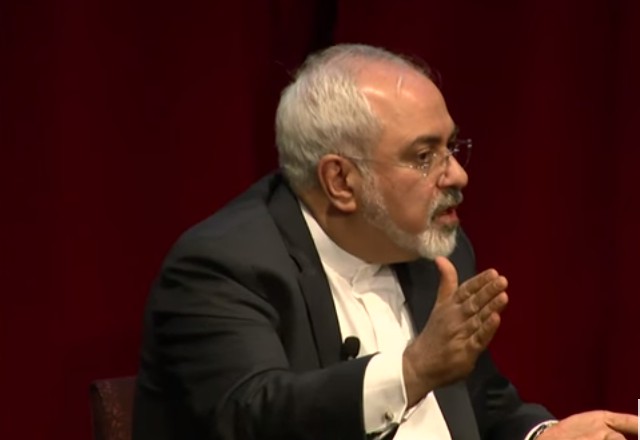Will Hillary and Schumer save Dems from themselves on Iran nuke deal?
on July 29, 2015
53 Comments
In an essay for August issue of The Tower Magazine, former longtime editor of The New Republic, Martin Peretz calls on Hillary Clinton and Charles Schumer to save the Democratic Party by leading the fight against the nuclear deal with Iran otherwise known as the Joint Comprehensive Plan of Action (JCPOA).
Two of the most powerful members of the Democratic Party, former and current senators from New York, now hold the fate of the putative deal with Iran in their hands. Because they alone can overturn it, this means that presumptive presidential nominee Hillary Clinton and presumptive Senate Minority Leader Charles Schumer carry a heavy burden that will deeply affect their personal reputations and, most probably, the trustworthiness of the Democrats in foreign policy for at least a generation.Clinton, for her part, has expressed support of the deal. For Peretz, opposing the JCPOA is essential for the Democrats. Noting that Iran re-opened negotiations over the conventional and ballistic arms embargoes at the last minute, Peretz urges Schumer and Hillary to force the administration to go back and re-open the deal improving some of its terms.
Obama the star negotiator has told us that the only other alternative to this treaty is to resolve the Iranian issue “through force, through war.” But, of course, there are other alternatives to war than deficient deals that damage our interests. Fortunately, America is full of talented, responsible, creative negotiators who can improve on the woefully low bar set by Obama, Biden, and Kerry in this catastrophic bargaining process.

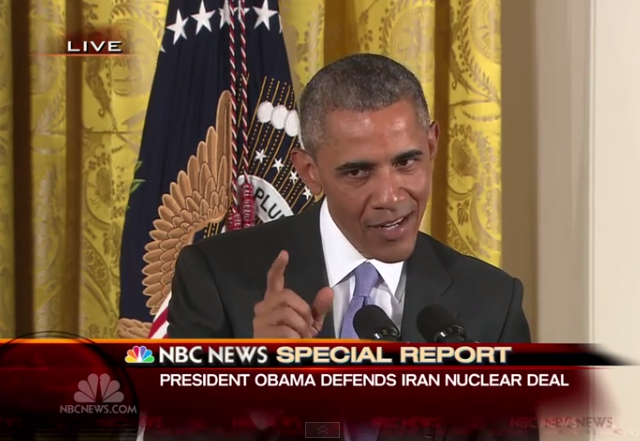
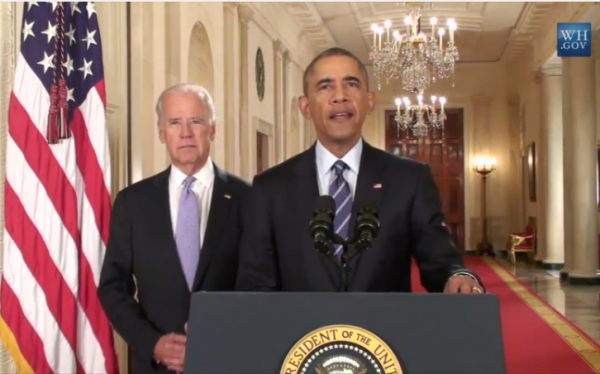
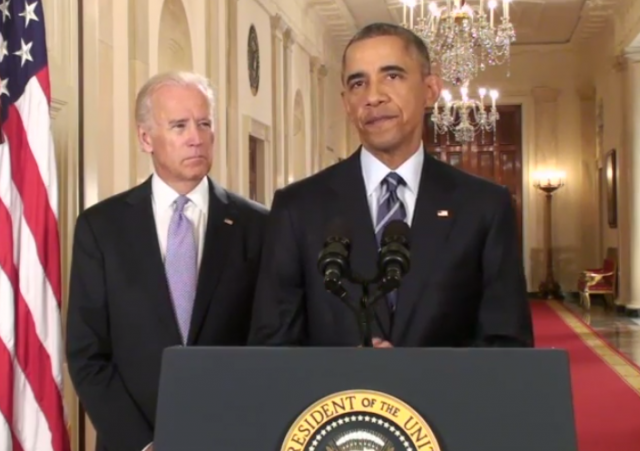
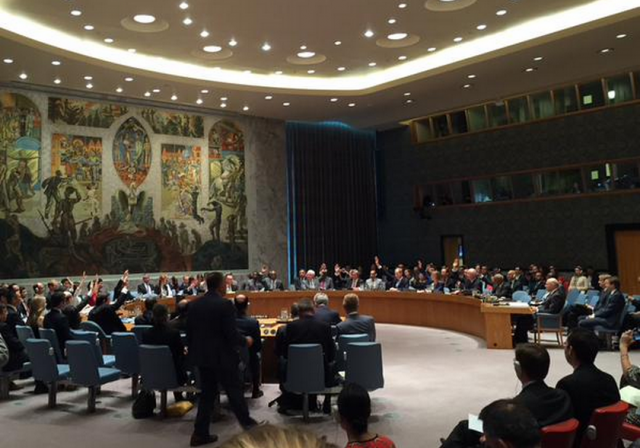
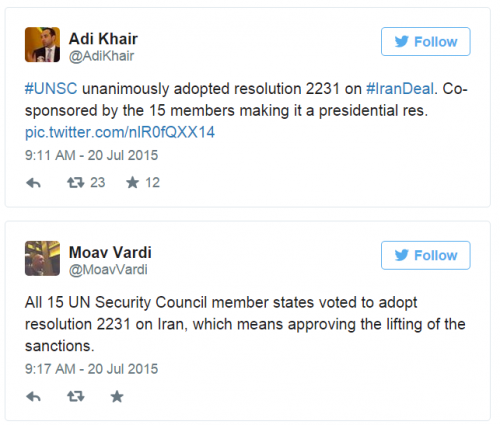
![[U.S. Ambassador to U.N. Samantha Power, Iran Nuclear Deal Vote]](https://c3.legalinsurrection.com/wp-content/uploads/2015/07/Samantha-Power-UN-Vote-Iran-Nuclear-Deal-e1437398714473.png)
